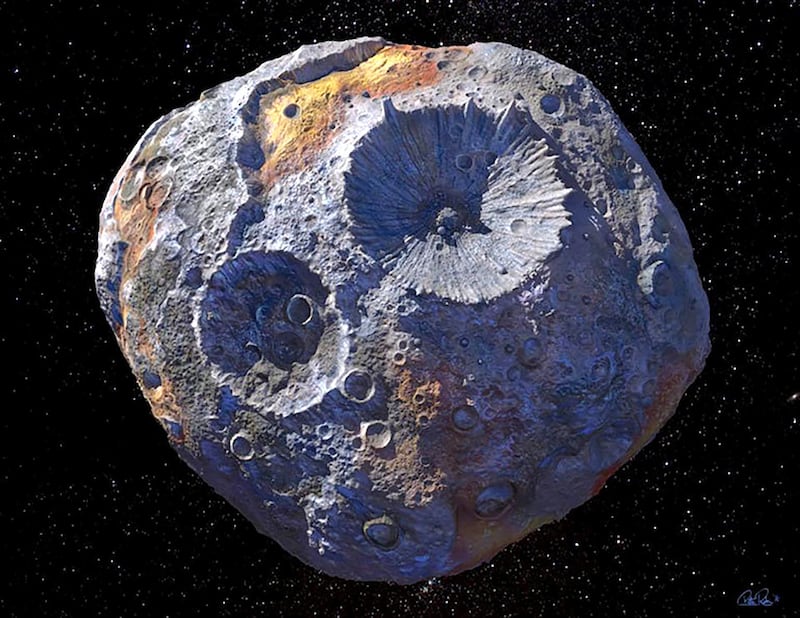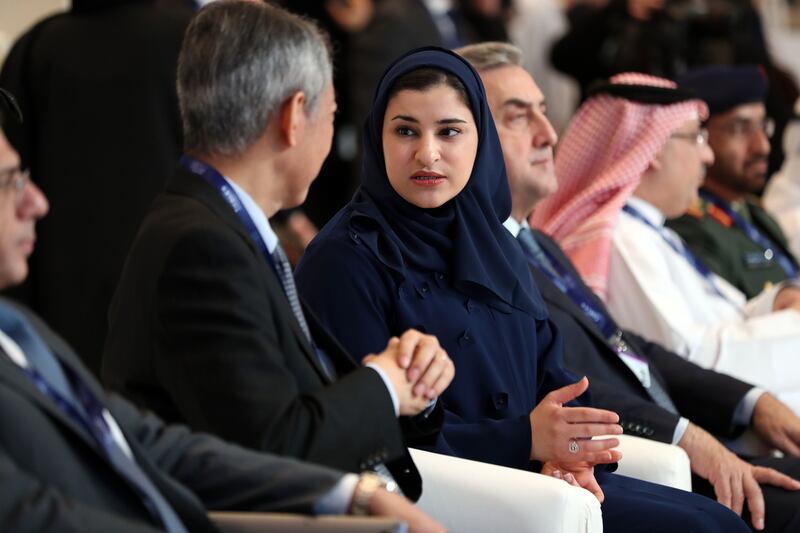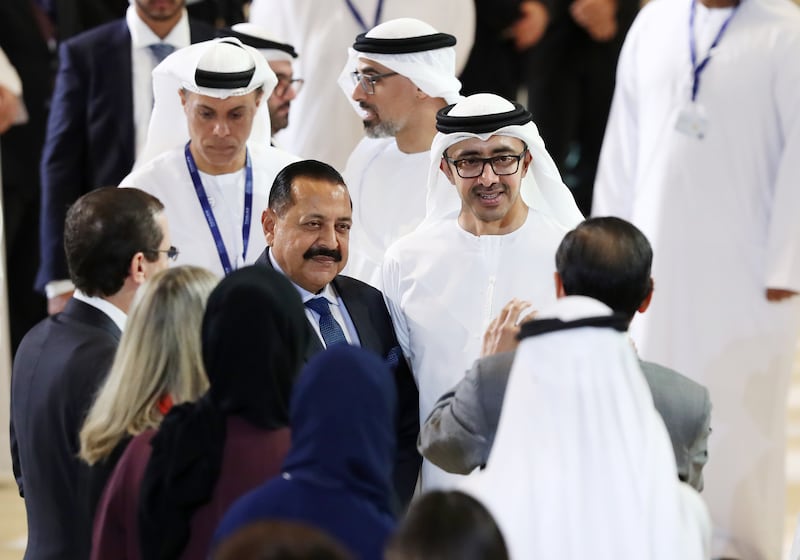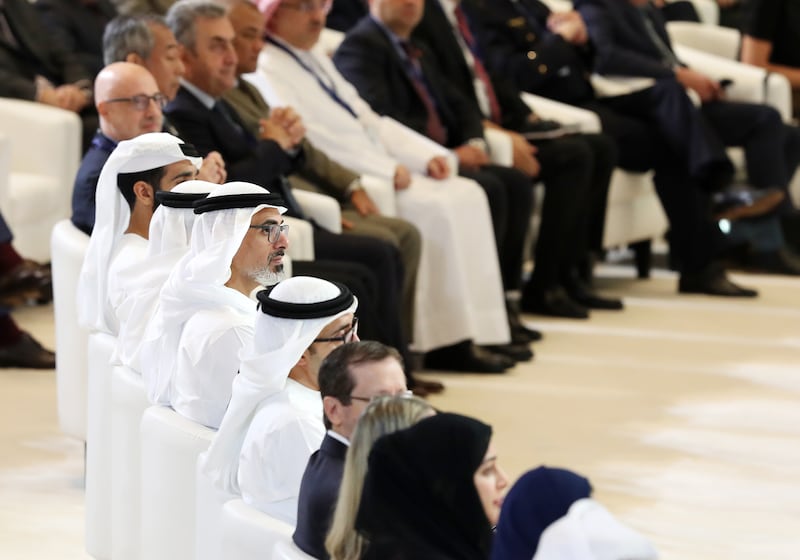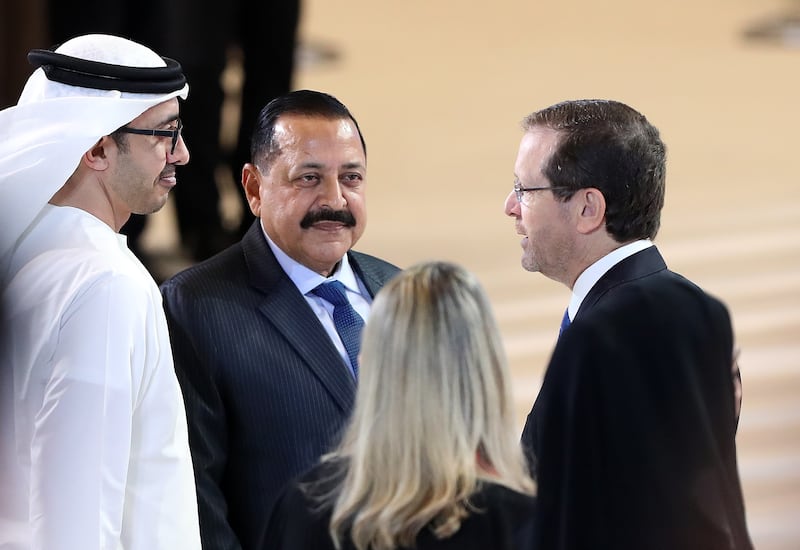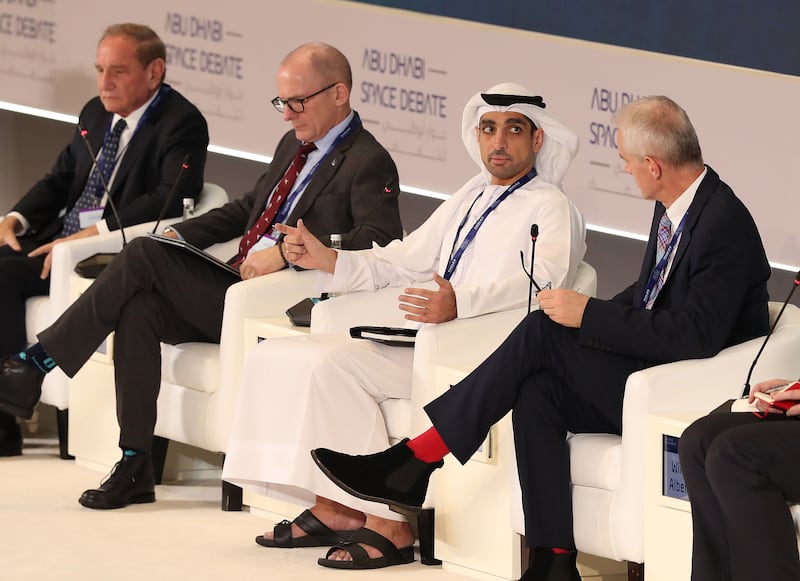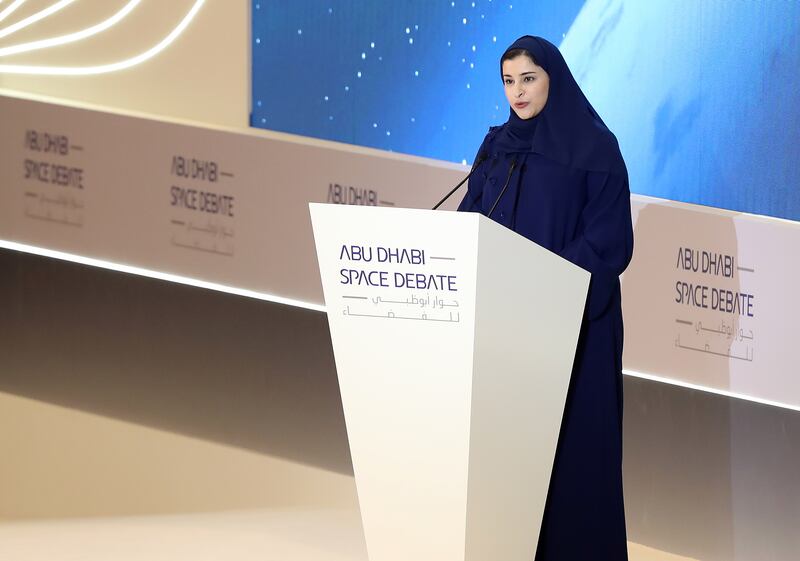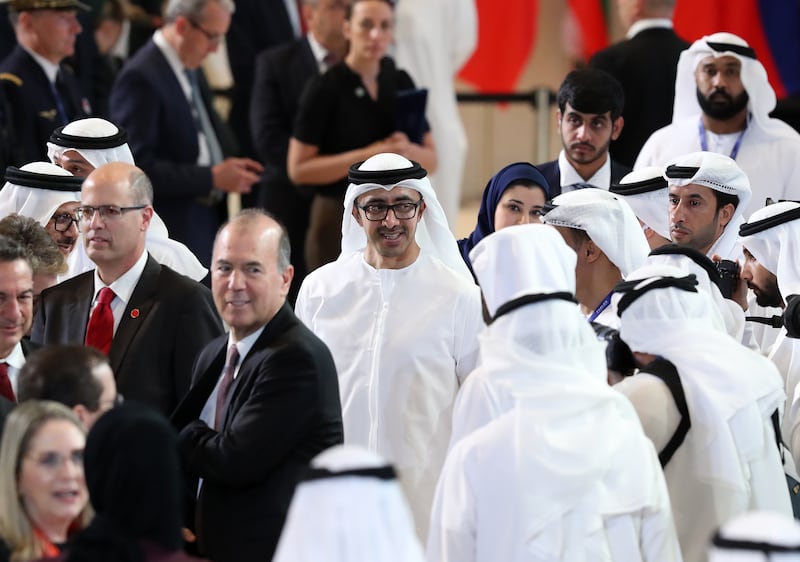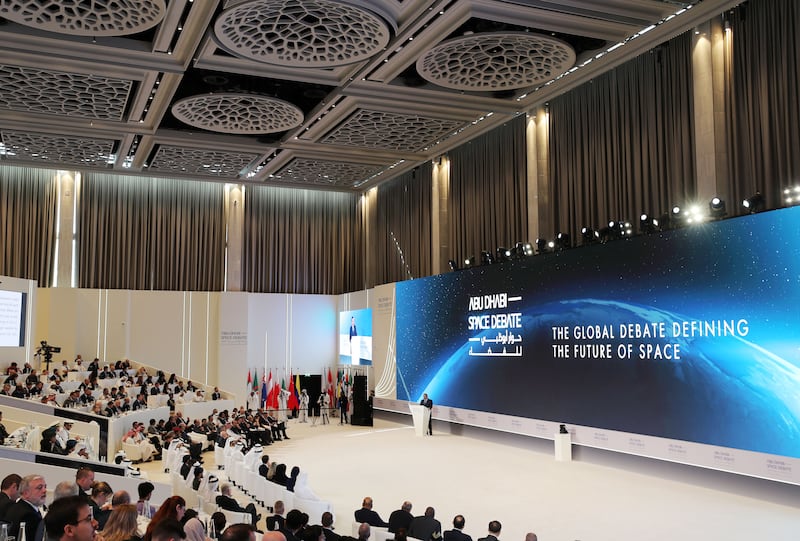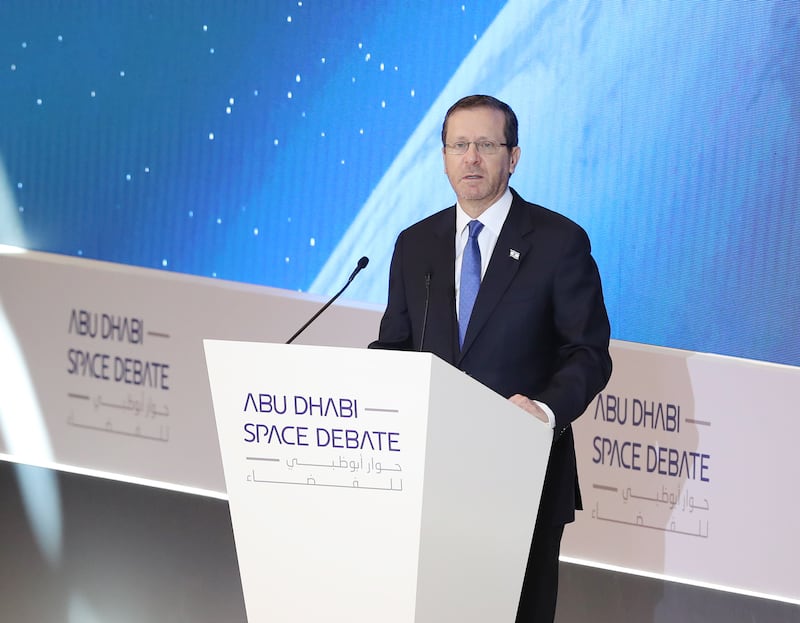Tight controls must be placed on the lucrative space mining industry to prevent international conflict and protect precious resources, a leading expert said.
Martin Muller, executive director of science at the Geneva Science and Diplomacy Anticipator, said it was vital that action be taken over asteroid mining and lunar resource utilisation as companies and agencies increasingly look to carry out these activities.
Space mining is an emerging market that is expected to be worth $8.19 billion by 2030, and would give operators access to rare minerals and metals that could be brought back to Earth and sold at a high value.
Mr Muller led an extensive repor ― the Gesda 2022 Science Breakthrough Radar ― which looks at science trends at five, 10 and 25 years.
He presented the study at the Abu Dhabi Space Debate, which concluded on Tuesday.
Thousands of scientists from all over the world contributed to the report, and the organisation is hoping researchers from more countries join future efforts.
Part of the report looked at the space resources market and the challenges that it may create.

Ownership of space
“It’s about who would own these resources and how can we protect space and its environments,” Mr Muller said.
“It’s parallel to what has happened in the oceans, for example, where you also have a lot of deep-sea mining.
“If you do not prepare and take care of space, as a global common, we could ultimately also disrupt space environments.”
The report states that some countries are already tackling difficult questions on space mining.
The United States, for example, became the first country to entitle property rights for resources extracted beyond Earth.
Luxembourg, meanwhile, is creating a legal framework for space mining.
The UAE has also passed a space law that outlines ownership of space resources and the importance of getting these objects properly registered with the government.
The US has launched the Artemis Accords, an international agreement that outlines peaceful exploration, with more than 20 countries signed to it so far.
Although the document lays out rules on space mining, the agreement is not yet legally binding.
Countries such as China and Russia are unlikely to sign it.
“The signatories note that the utilisation of space resources can benefit humankind by providing critical support for safe and sustainable operations,” the document states.
“The signatories emphasise that the extraction and utilisation of space resources, including any recovery from the surface or subsurface of the Moon, Mars, comets, or asteroids, should be executed in a manner that complies with the Outer Space Treaty and in support of safe and sustainable space activities.”
Mining market on the rise
Steps are already being taken to make space mining a reality.
Nasa has awarded a contract to a few private companies to extract lunar regolith, or soil, and transfer ownership to the agency.
Japanese private company ispace is launching its Hakuto-R lander to the Moon this month.
It is contracted by the space agency to collect lunar soil and transfer ownership. The soil will not be brought back to Earth, but will become the property of Nasa even if it stays on the Moon.
The efforts are to give a boost to a private industry that can provide cargo delivery to the Moon and resource collection services to the space agency.
The full Gesda report is available online.
